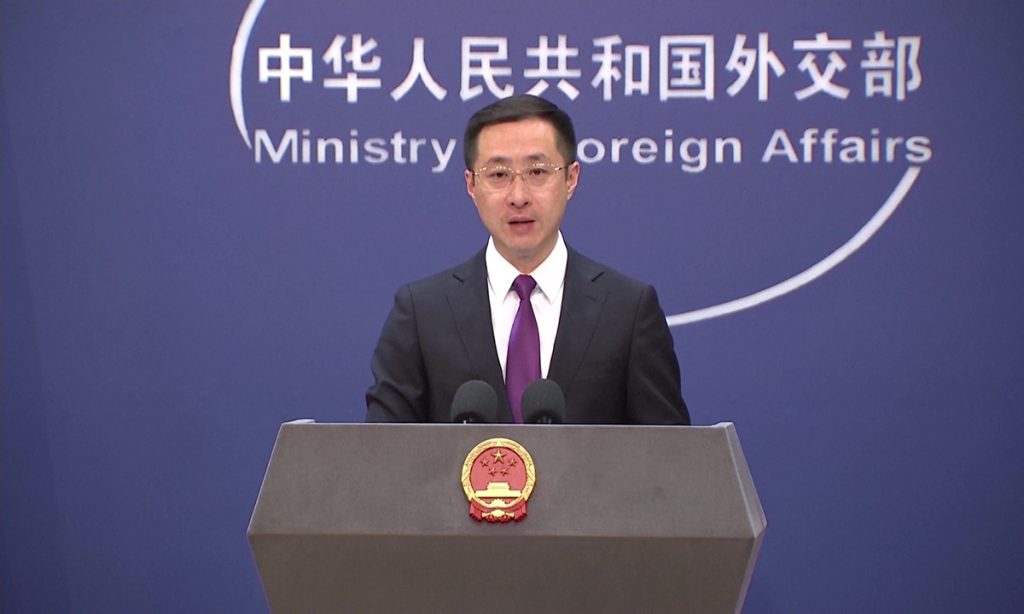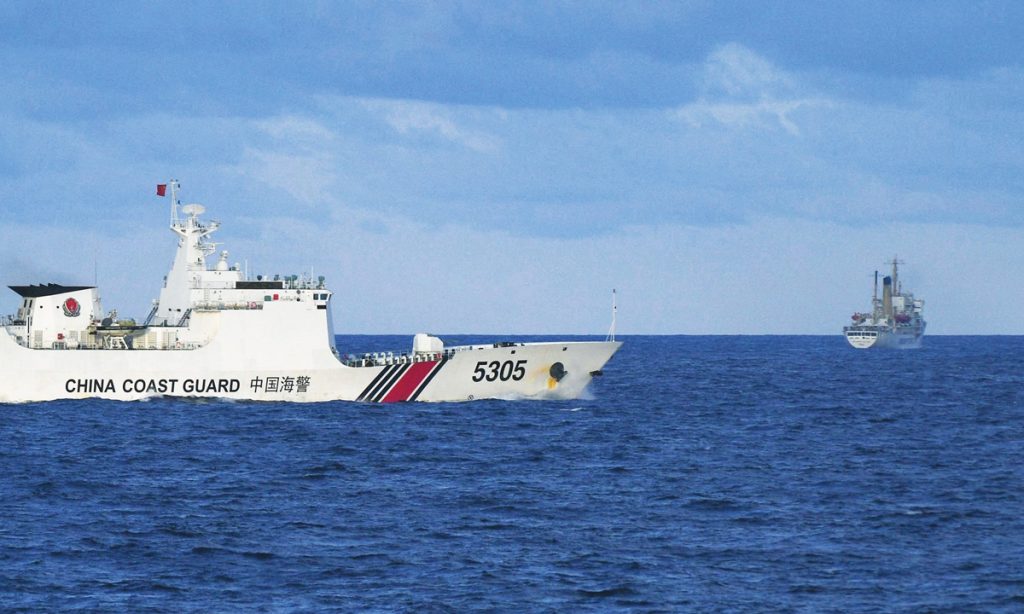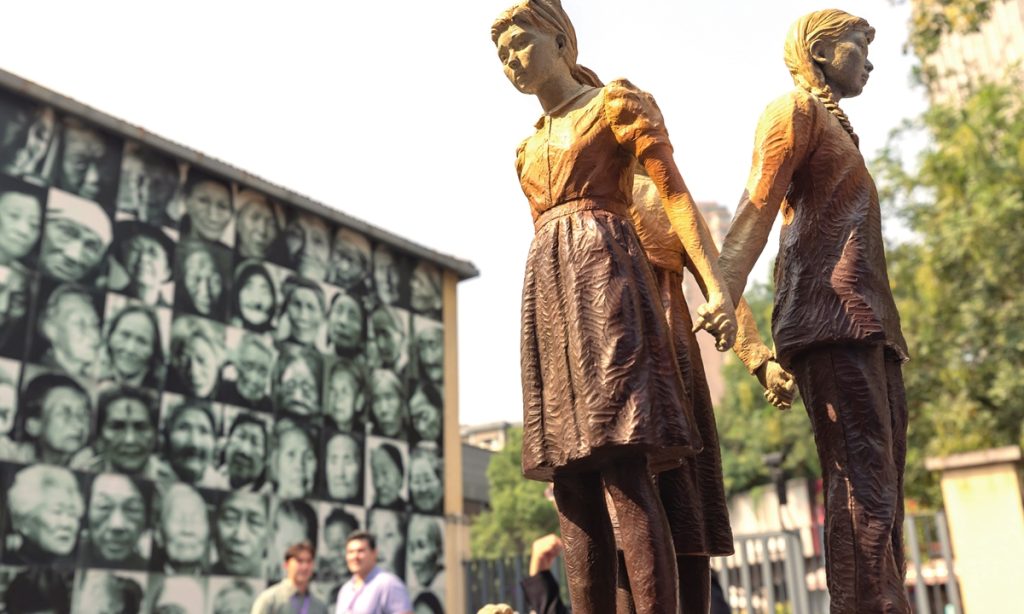Chinese military takes legal, professional and safe operations to warn against provocations by Australian helicopter: FM

In refuting accusations from Australia which claimed that a Chinese fighter jet fired flares into the path of an Australian naval helicopter last weekend over the Yellow Sea, a Chinese Foreign Ministry spokesperson on Tuesday clarified that the truth is that an Australian military aircraft deliberately flew within close range of China's airspace in a provocative move that endangered China's maritime and air security in the name of enforcing UN Security Council's resolutions.
The Chinese military took necessary measures at the scene to warn and alert the Australian side. The way the situation was handled was consistent with Chinese laws and regulations, professional and safe, Lin Jian, a spokesperson for the Chinese Foreign Ministry, said on Tuesday.
Lin stated that China has lodged serious protests to the Australian side on its risky moves, while urging Australia to immediately stop the provocations and hypes to prevent misunderstanding and miscalculation.
The Chinese spokesperson's remarks came after Australian Defense Minister Richard Marles said Monday that a Chinese Chengdu J-10 fighter jet released flares in the flight path of an Australian navy Seahawk helicopter deployed from the Australian air warfare destroyer HMAS Hobart, according to Western media outlets, including AP News. The media outlets claimed that the Australian air warfare destroyer on Saturday was "enforcing UN Security Council sanctions against North Korea in international waters in the Yellow Sea." According to media outlets, there were no injuries or damage reported.
"We've just made it very clear to China that this is unprofessional and that it's unacceptable," Australian Prime Minister Anthony Albanese told Nine Network television.
Also on Tuesday, China's Ministry of National Defense debunked the Australian accusations.
"We are firmly opposed to what the Australian side has said, which distorts black and white," said Zhang Xiaogang, spokesperson for the Ministry of National Defense.
According to Zhang, from May 3 to 4, during the training of Chinese naval vessels in relevant waters of the Yellow Sea, the Australian guided-missile destroyer HMAS Hobart sent shipborne helicopters three times to conduct close-in reconnaissance and disturb the normal training activities of the Chinese side.
The Chinese military issued warnings and forced them away. The relevant operations were reasonable, professional and safe, and fully in line with international law and practice, Zhang stated.
We urge the Australian side to earnestly respect China's sovereign security concerns, stop spreading false narratives, strictly restrain naval and air force operations, and stop all dangerous and provocative actions so as not to undermine the overall relationship between the two countries and two militaries, Zhang said.
Chinese military experts pointed out that Australia's actions under the guise of implementing UNSC sanctions against North Korea are in fact provocation, probing, and reconnaissance against China.
Military expert Zhang Xuefeng told the Global Times on Tuesday that the fact that Australian warships have travelled so far into the Yellow Sea, so close to China's territorial waters and inland seas, is itself a sign of the growing aggressiveness.
It is not the first time that Australia has conducted close-in reconnaissance against China and been expelled after not listening to warnings, Zhang Xuefeng noted. The Australian military is responsible for all the consequences by those provocations, he warned.
Last November, Australia claimed that a Chinese People's Liberation Army (PLA) destroyer used sonar to force divers from an Australian frigate to exit the water. In response, China's Foreign Ministry spokesperson Mao Ning said on November 20, 2023 that "The Chinese military is strictly disciplined and always operates professionally in accordance with the international law and international common practices. We hope relevant parties will stop making trouble in front of China's doorsteps and work with China to preserve the momentum of improving and growing China-Australia ties."


